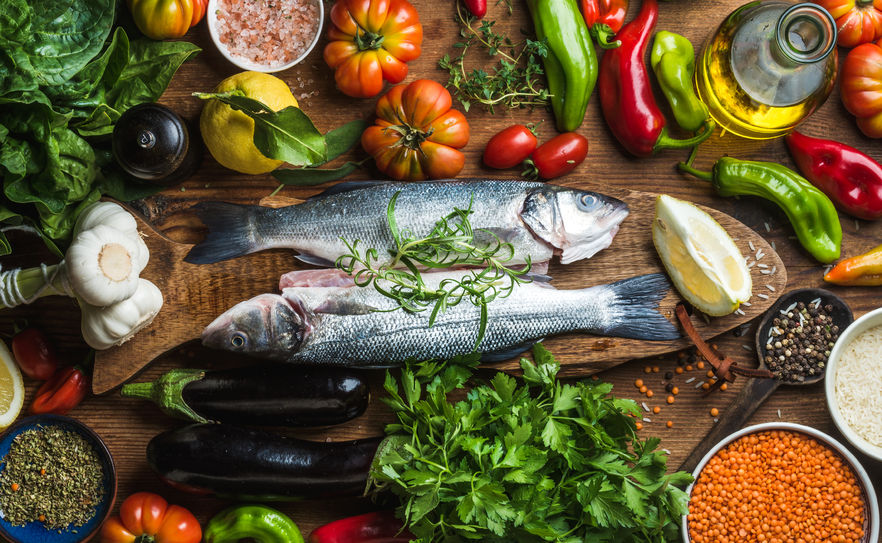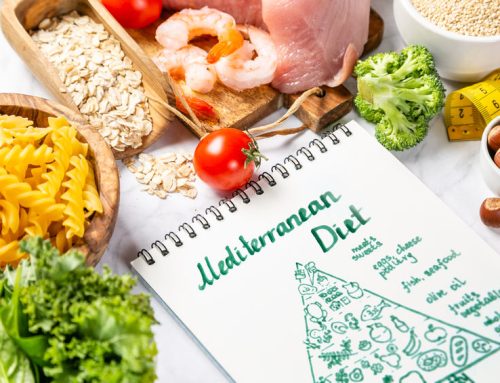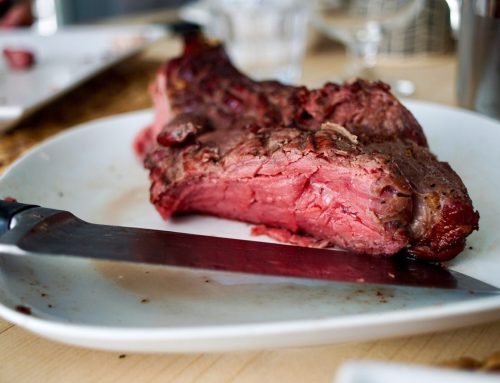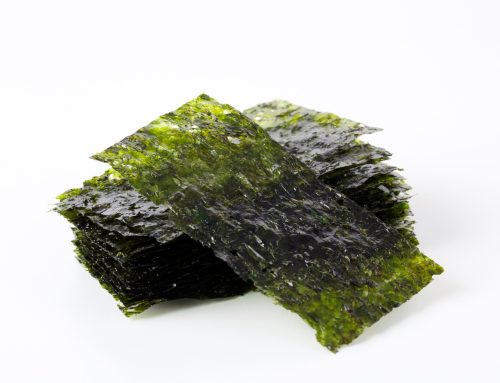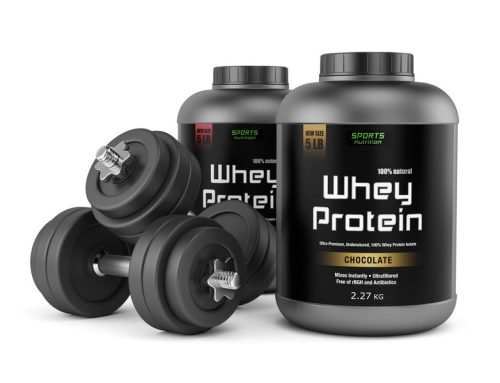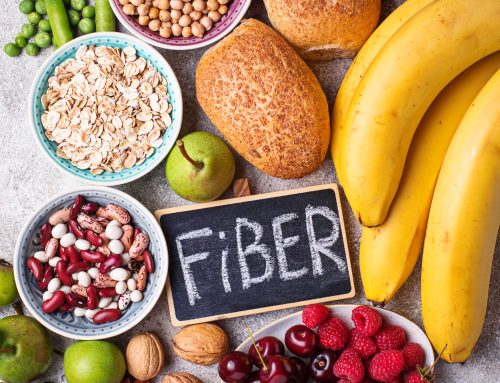Food and mental health is an increasingly popular topic. More evidence that our food choices affect our mental health is emerging every day. So, what foods help keep your mentally balanced and which ones might adversely affect your mental health?
Food and Mental Health
What you eat can alleviate or agitate mental health symptoms. Don’t worry; variations in your diet are natural and won’t wreck your mental health. Food is fuel for your body and mind. Here are the foods you should eat to improve your mental health and which you should avoid.
Foods that Promote Mental Health
We know that food and mental health are related. Here are some foods to eat to promote mental health:
Generally, it’s best to eat as much of a nutrient-dense, well-balanced diet as possible. A large part of that will be whole foods. Studies have found that a diet rich in whole foods, like fruits and vegetables, can decrease the risk of depression and anxiety. Essentially, you worry less, decrease tension and feel more joyful when you’re eating foods that are good for your body.
You’re eating for your body, but also your brain. Focusing on foods beneficial for enzyme function ensures the brain is working properly. If you’re unsure where to start, consider the Mediterranean diet, which can help improve memory, cognition and age-related brain atrophy. A systematic review found that adhering to a healthy diet, like the Mediterranean diet, can help decrease the risk of depression. This diet includes whole grains, fruits, vegetables and seafood.
Complex carbs
Complex carbs are good for your mental health for several reasons. Firstly, they give you energy without a crash — like sugar. Secondly, complex carbohydrates help support a healthy body, which is directly tied to our mental health. Take fiber, for example. It’s a complex carbohydrate that’s essential for a healthy gut. Did you know gut health controls serotonin production in the body? That’s right, 95% of serotonin is produced in the gut. Serotonin is a neurotransmitter that functions as a mood stabilizer for the brain.
Complex carbs are the best choice for your diet. They boost mental health and have a higher nutritional value than simple carbs like sugar. Brown rice and starchy veggies are great sources of complex carbohydrates.
Leafy greens
Leafy greens are one of those foods that have it all — they’re versatile and packed with nutrients. Many of which are essential for our brains. Leafy greens have vitamins and minerals including magnesium, folate, vitamin D and B-12. Nutrients like folate produce dopamine, the neurotransmitter that makes us feel good and satisfied. Vitamin D aids the production of serotonin, which helps boost mood. Eating leafy greens is also linked to slowed cognitive decline as we age.
Lean proteins
We get amino acids from the protein we eat. Amino acids are included in the production of crucial neurotransmitters like dopamine. When there is an imbalance of dopamine, disorders like depression, schizophrenia or addiction can happen. Lean proteins can also help maintain serotonin levels, which decreases the risk of mood disorders.
Lean proteins to prioritize in your diet include skinless chicken, fish, eggs, Greek yogurt and nuts.
Fatty acids
Omega-3 fatty acids are important for proper brain and nervous system functioning. Put simply; your brain can’t develop, function or age without omega-3s. A deficiency can increase the risk of depression, bipolar disorder, ADHD and schizophrenia.
You can get the necessary amount of omega-3s from eating fish, nuts, leafy greens and extra virgin olive oil. Studies suggest that omega-3 supplements do not help treat depression when taken in addition to prescription antidepressants. Omega-3 supplements haven’t been found to help prevent depression.
However, for bipolar disorder, omega-3s can have an impact. When you take omega-3s, the central nervous system phospholipases are inhibited, interrupting the production of certain prostaglandins associated with mania. Put simply, taking omega-3s with bipolar disorder may bring on mania, so be cautious about how much you take. Always take supplements in combination with your prescribed medication.
Foods that harm your mental health
Trans fats
It’s no secret that fast food isn’t the best choice for a healthy diet. A diet high in trans fat can reduce serotonin production and increase inflammation, which increases your risk of depression. You don’t have to be perfect with your food choices. Foods high in trans fats on occasion won’t destroy your mental health. However, in general, they do more harm than good.
Refined sugars
Refined sugars, as delicious as they are, are bad for your mental health. The sugary snacks give you a big boost in energy but come with an equally intense crash. A 2019 study found that regularly eating added sugars can compromise your body’s ability to cope with stress. A diet with an excess of refined sugars also sets you up for a higher risk of depression. All the sugar creates a brain chemical imbalance in the brain.
Kicking sugar isn’t that easy. Studies have shown that stopping sugar intake can mimic withdrawal symptoms. Cutting down your sugar intake is a process. Start by cutting down on the obvious sources — sodas, desserts and sweeteners. Then progress by intentionally making different food choices.
Processed foods
Frozen dinners and ramen are extremely convenient and often what we reach for when we’re down. They offer a pick-me-up, but it never lasts. Unfortunately, not only are processed foods bad for physical health, but they can also impact your mental health too.
A high intake of ultra-processed foods has been linked to anxiety and mild depression symptoms. Processed foods can also cause inflammation in the body, specifically the gut, compromising serotonin production.
Caffeine
Caffeine is a crucial part of many people’s lives. To be clear, you can be healthy and drink caffeine, but it can have an impact on anxiety and stress levels.
Caffeine is a stimulant that helps us focus and be alert. It does this by raising our heart rate and blood pressure, which can mimic anxiety symptoms and make you feel on edge or anxious. Watching your caffeine intake is essential if you live with anxiety. You can also try drinking herbal teas for anxiety as a substitution for coffee or sodas. Teas have been shown to lower cortisol levels and help you feel relaxed.
Alcohol
For many people, alcohol and mental health are intertwined and are often used to ease symptoms. While it may relieve feelings of depression or anxiety at the moment, high alcohol use exacerbates the condition, specifically depression, mood disorders and anxiety.
Remember that drinking alcohol or eating candy or fast food occasionally won’t compromise your mental health journey. It’s all about moderation. Being mindful of what you’re eating can boost your mental health.
Click here to read more about food and mental health.


